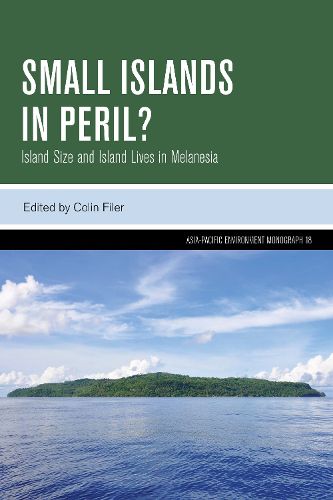Readings Newsletter
Become a Readings Member to make your shopping experience even easier.
Sign in or sign up for free!
You’re not far away from qualifying for FREE standard shipping within Australia
You’ve qualified for FREE standard shipping within Australia
The cart is loading…






This book explores the idea that small island communities could be regarded as canaries in the coal mine of sustainable development because of scientific and anecdotal evidence of a common link between rapid population growth, degradation of the local resource base, and intensification of disputes over the ownership and use of terrestrial and marine resources. The authors are all anthropologists with a specific interest in the question of whether the economic and social 'safety valves' that have previously served to break some of the feedback loops between these trends appear to be losing their efficacy. While much of the debate about economy-society-environment relationships on small islands has been overtaken by a narrow focus on the problem of climate change, the authors show that there are many other factors at work in the transformation of island lives and livelihoods.
$9.00 standard shipping within Australia
FREE standard shipping within Australia for orders over $100.00
Express & International shipping calculated at checkout
This book explores the idea that small island communities could be regarded as canaries in the coal mine of sustainable development because of scientific and anecdotal evidence of a common link between rapid population growth, degradation of the local resource base, and intensification of disputes over the ownership and use of terrestrial and marine resources. The authors are all anthropologists with a specific interest in the question of whether the economic and social 'safety valves' that have previously served to break some of the feedback loops between these trends appear to be losing their efficacy. While much of the debate about economy-society-environment relationships on small islands has been overtaken by a narrow focus on the problem of climate change, the authors show that there are many other factors at work in the transformation of island lives and livelihoods.